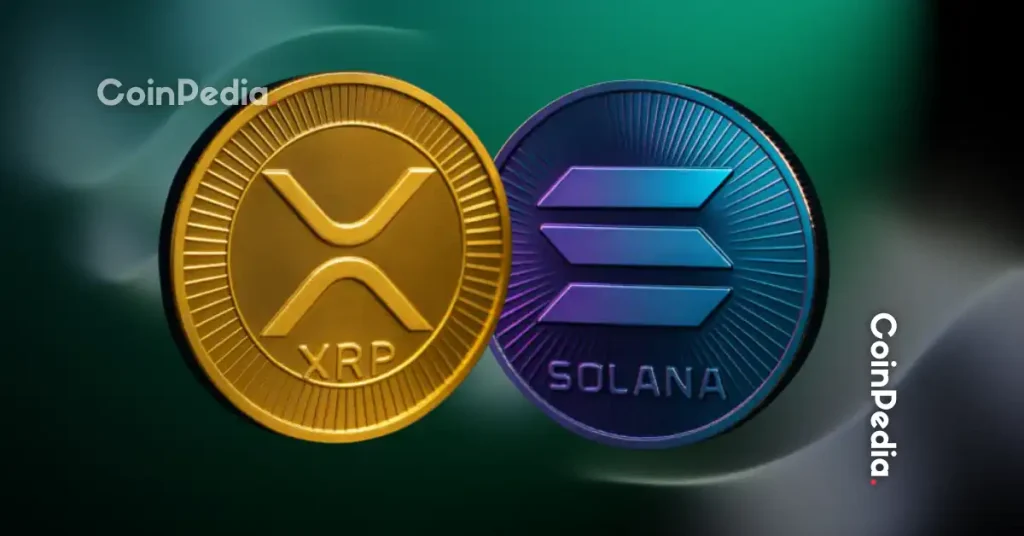
The price trend of Bitcoin (BTC) in 2023 (more than doubling) was largely due to the renewed interest in Bitcoin spot ETFs (exchange traded funds).
BlackRock, the world’s largest asset manager, unexpectedly filed with the U.S. Securities and Exchange Commission (SEC) in June for a Bitcoin spot ETF, making it one of the best performers of 2023. This drew attention to Bitcoin.
Now, with a Bitcoin ETF expected to be approved as soon as this week, many people are looking to sell the news, which could be considered a lucky break with Bitcoin.
It remains unclear whether the SEC will approve one or more of the more than 10 applications, and rejection is still a possibility.
The fact that the Bitcoin ETF remains in limbo, or as it is, may not even be a bad thing for crypto assets (virtual currency). In fact, Bitcoin ETFs are not what market watchers expected and may even be negative for the industry.
Related article: Bitcoin ETF, looking back at past history with 60+ past article titles – could be announced as early as today
Bitcoin ETFs will undoubtedly signal maturity for crypto assets as a whole. And that’s exactly what opponents like Sen. Elizabeth Warren (D) and skeptical regulators like SEC Chairman Gary Gensler are worried about.
This was epitomized by a last-minute open letter from Better Markets, an organization connected to both parties, arguing that Bitcoin ETFs would legitimize an industry rife with fraud.
Are crypto assets ready?
Market manipulation concerns
Last year’s ruling forces the SEC to make a decision on Bitcoin ETFs by January 10th, but some of the SEC’s previous concerns about crypto ETFs are worth serious consideration. .
The SEC has withheld approval of a Bitcoin ETF over concerns about market manipulation since the Winklevoss brothers first filed for one a decade ago.
For ETFs that track an index (or a basket of different assets), there may be discrepancies between the benchmark asset price and the information disclosed daily by the ETF management company, which could be exploited by someone with inside information on the index. Yes, there are general concerns about market manipulation.
A similar problem may arise when considering the process of Bitcoin price formation.
Bitcoin is decentralized, so there is no single price. Instead, Bitcoin’s dollar value is often calculated by averaging its current trading prices on several reputable exchanges.
However, even on reliable exchanges, investors can engage in arbitrage by intentionally or accidentally raising or lowering prices through large-scale trades.
Such market manipulation is not a major concern for the majority of current crypto traders, and probably not for many potential Bitcoin ETF investors either.
But if a quantitative investment firm gets involved, it could become a big problem. BlackRock has proposed a “monitoring sharing agreement” through crypto exchanges to address SEC concerns, but not everyone is convinced it will work.
Loss of original vision
Additionally, aside from privacy concerns due to increased market surveillance, there is also a larger question: Who really stands to benefit from Bitcoin ETFs?
ETFs often increase the cost of the underlying assets. This may seem like a good thing for Bitcoin holders, but it’s not so good when you consider what it means for investments as well as commodities like gold and oil. could not say it all.
In other words, if 1 BTC = $1 million, what would be the long-term impact on the usability of Bitcoin? How much will the fee be?
Bitcoin can be divided into smaller units called “Satoshi”, and 1 BTC is always 1 BTC. However, in the end, many people, especially those in developing countries who Bitcoiners want to be able to access banking services through Bitcoin, will simply lose access to Bitcoin. ?
That’s the core of the problem. Bitcoin’s very existence invites a cultural clash between the haves and have-nots. Does the potential success of a Bitcoin ETF mean selling out the original vision of a system outside the existing system?
The price of mainstreaming
What is a Bitcoin ETF? The world’s largest asset management company helps millions of people in their 401Ks through products it manages using Bitcoin stored by an outside company (Coinbase will be the primary custodian for Bitcoin ETFs in the US). This is a financial product that may be included in the US defined contribution pension plan.
In other words, this is not a gateway to adoption, but a corruption of the idea of being able to control your own money through self-custody.
However, since Bitcoin is an open protocol and can be used by anyone, there are gray areas that prevent it from being completely corrupt.
In that sense, BlackRock’s “erosion” does not make Bitcoin any more peer-to-peer. However, what does the expansion of Wall Street’s influence in Bitcoin mean? Will the influx of funds change the development of Bitcoin’s open source program “Bitcoin Core” and the reality of Bitcoin mining? There are unanswered questions.
There are trade-offs in everything. And it remains to be seen how much it will cost to bring Bitcoin “mainstream.”
Related article: Bitcoin ETF: Positive development ── Bitcoin enters a new stage
|Translation and editing: Akiko Yamaguchi, Takayuki Masuda
|Image: Shutterstock
|Original text: Bitcoin ETFs: The Bear Case
The post Bitcoin ETF: Negative development ─ The price of losing vision | CoinDesk JAPAN appeared first on Our Bitcoin News.

 1 year ago
119
1 year ago
119














 English (US) ·
English (US) ·